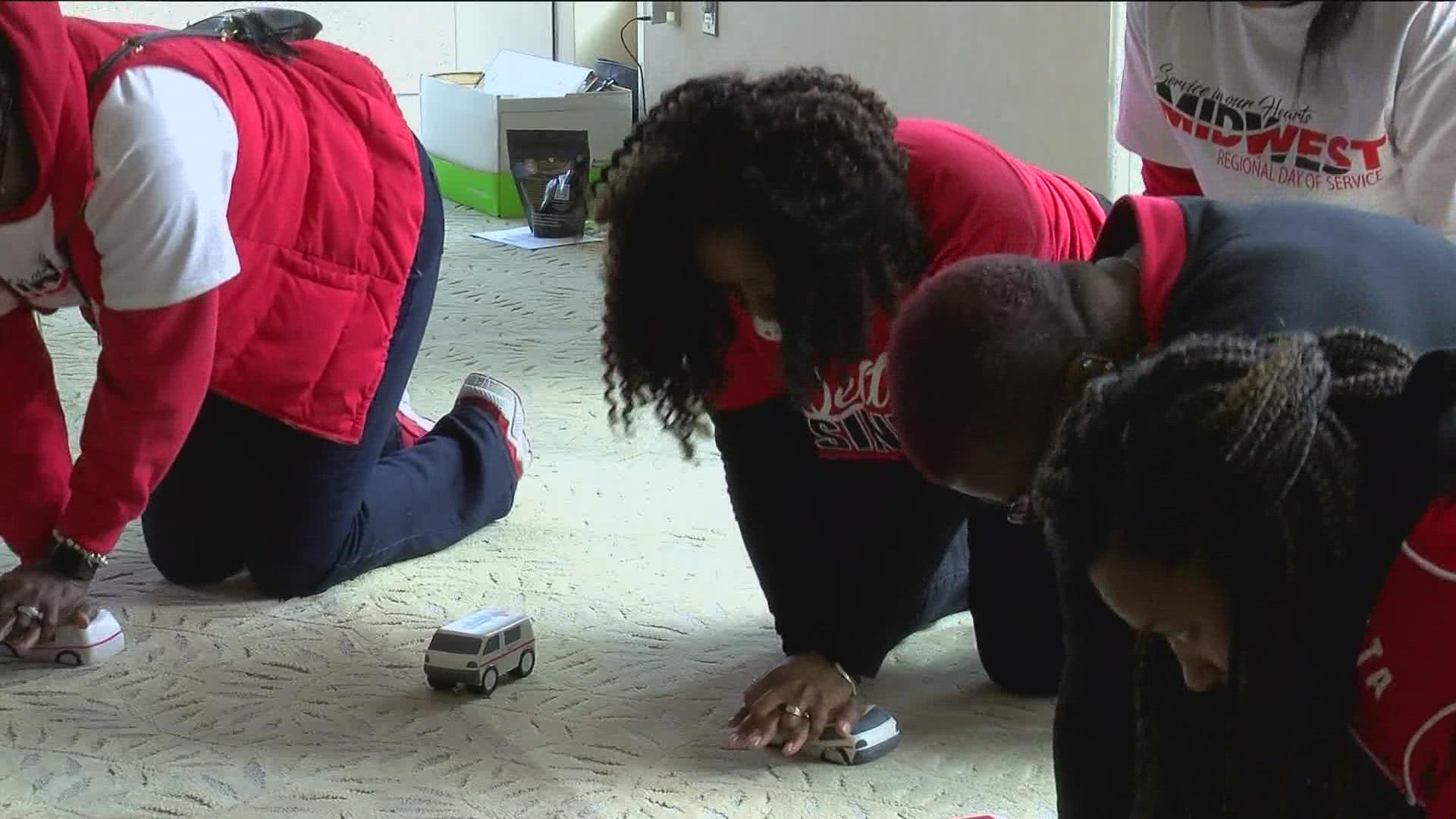TOLEDO, Ohio — On the heels of CPR and Automated External Defibrillator awareness week, Toledo Fire Chief Allison Armstrong is reminding the community about the importance of knowing these lifesaving skills.
According to the American Red Cross, roughly 10% of people who survive a cardiac arrest in the United States do so because CPR or an AED was used within the first few minutes, which is often times before first responders are able to arrive.
"Every minute that goes by, that person's chance of survival diminishes greatly," Armstrong said.
Bruce Tronolone knows how important these skills are, after being saved by an AED earlier this year. Tronolone suffered a cardiac arrest while playing hockey, but bystanders and one off-duty Toledo firefighter shocked him within the minutes, likely saving his life.
"If I was not shocked, we wouldn't be having this conversation. I was already without a heartbeat for over four minutes," he said.
Armstrong said often times people are hesitant to perform CPR on people who are not their family members or close friends. But she encourages anyone who is able to jump into action, as there are Good Samaritan laws that will protect them under these circumstances.
"Probably more than 50% of the time, when we arrive at an EMS call, someone is there rendering aid," Armstrong said. "But you have to realize most of these happen in somebody's house. so that's your family member or your friend, that's someone you know intimately. People are more apt to act and provide that care than when out on the street with somebody you don't know."
Statistics from the Red Cross show more than 2.3 million people took their CPR and First Aid courses last year in the U.S. Around 38,000 of those people were from the northern Ohio area.
Armstrong said the Red Cross is putting emphasis on the hands-only chest compression part of CPR.
"It can easily be taught to anybody," she said. "And it can double or triple somebody's chances of surviving a cardiac arrest."
For details about local CPR/AED classes in the area, visit the links below:
Some classes are also offered online.

